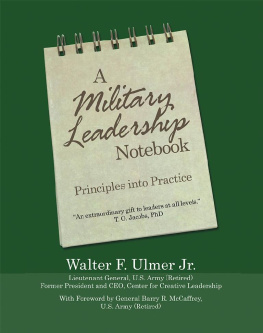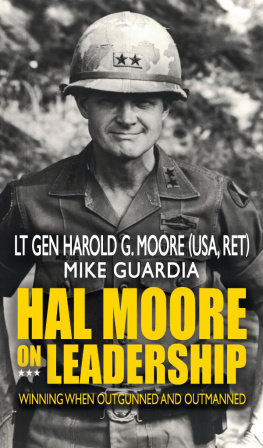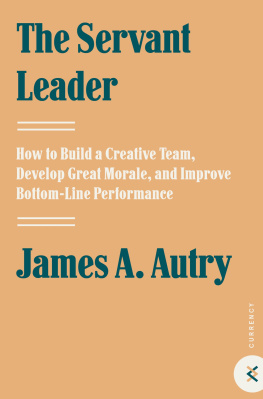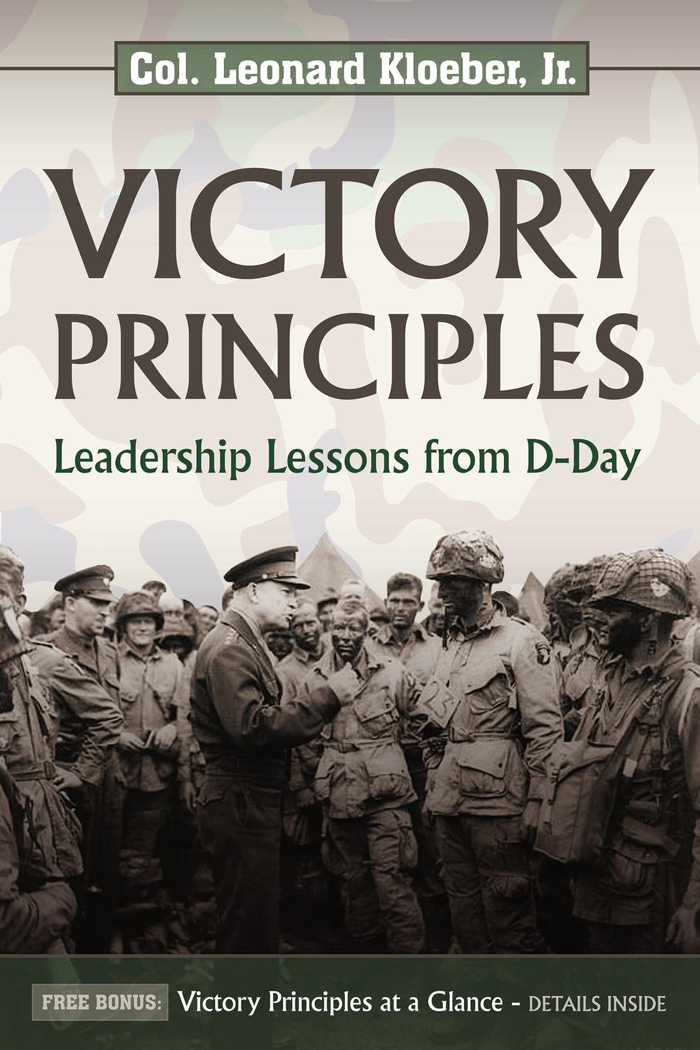VICTORY
PRINCIPLES
VICTORY
PRINCIPLES
Leadership Lessons from D-Day
Col. Leonard Kloeber, Jr.

Victory Principles
Leadership Lessons from D-Day
Copyright 2009 Leonard Kloeber, Jr. All rights reserved.
No part of this publication may be reproduced or transmitted in any form or by any means, mechanical or electronic, including photocopying and recording, or by any information storage and retrieval system, without permission in writing from the author or publisher (except by a reviewer, who may quote brief passages and/or short brief video clips in a review.)
Disclaimer: The Publisher and the Author make no representations or warranties with respect to the accuracy or completeness of the contents of this work and specifically disclaim all warranties, including without limitation warranties of fitness for a particular purpose. No warranty may be created or extended by sales or promotional materials. The advice and strategies contained herein may not be suitable for every situation. This work is sold with the understanding that the Publisher is not engaged in rendering legal, accounting, or other professional services. If professional assistance is required, the services of a competent professional person should be sought. Neither the Publisher nor the Author shall be liable for damages arising herefrom. The fact that an organization or website is referred to in this work as a citation and/or a potential source of further information does not mean that the Author or the Publisher endorses the information the organization or website may provide or recommendations it may make. Further, readers should be aware that internet websites listed in this work may have changed or disappeared between when this work was written and when it is read.
Hardcover ISBN 978-1-60037-592-7
Softcover ISBN 978-1-60037-591-0
Library of Congress Control Number: 2009922066

Morgan James Publishing, LLC
1225 Franklin Ave., STE 325
Garden City, NY 11530-1693
Toll Free 800-485-4943
www.MorganJamesPublishing.com

In an effort to support local communities, raise awareness and funds, Morgan James Publishing donates one percent of all book sales for the life of each book to Habitat for Humanity. Get involved today, visit www.HelpHabitatForHumanity.org.
SPECIAL DEDICATION
To my father, Cpl. Leonard Kloeber, Sr., who served in a US Army Air Corps special ground reconnaissance unit in North Africa and Burma; and to my father-in-law, 1 Lt. John D. Garvik, who served with the Fifth Rangers and landed on Omaha Beach on D-Day with the US 29th Infantry Division, 115th Infantry Regiment. He was killed in action on June 12, 1944 in Normandy, France. Their service in World War II is a personal inspiration for this book.
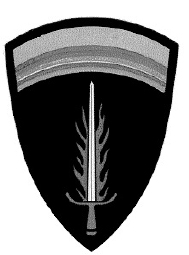
Dedication
This book is dedicated to the Soldiers, Sailors, and Airmen who took part in what General Eisenhower called the Great Crusade. Their story of personal courage, sacrifice, and ultimate victory has forever earned them an honored place in history. A special dedication is made to those, both military and civilian, who paid the ultimate sacrifice as a part of the tragedy that is war. May their souls forever rest in peace.
CONTENTS
INTRODUCTION
On June 6, 1944, the English Channel was churning with six-foot swells and whitecaps despite a break in the stormy weather of the previous day. Based on limited information, the Supreme Commander Allied Forces Europe, General Dwight D. Eisenhower, had just made the difficult decision to proceed with the invasion despite the unfavorable weather conditions. The breaking dawn revealed the largest armada ever assembled, over five thousand warships, transports, and assault vessels. The D-Day invasion of the Normandy coast of France was underway. It officially began just after midnight, with airborne infantry dropping behind the beaches to secure key terrain, disrupt the German defense, and cause general confusion around the landing areas. At about 0630 hours, the first waves of Allied assault troops waded onto the beaches after intense air and naval bombardments. It was a pivotal moment in history and a high-risk venture to secure an Allied foothold on the European continent. The mission of the Allied forces was to open up the Western Front against the German Third Reich, liberate occupied France, and defeat the Nazi Army.
Amphibious assaults are always high-risk ventures because the invaders are extremely vulnerable while they secure a beachhead and get adequate forces and supplies onshore. Until this is accomplished, they are highly exposed to a counterattack that can drive them back into the sea. That was the plan of the German commander, Field Marshal Erwin Rommel. Fortunately for the Allies, he was away from France at the time of the attack and the Germans were slow to react. Nevertheless, the assault was still an extremely arduous undertaking, and the German forces in France fought fiercely to defend their turf. Overcoming numerous obstacles and significant casualties, the Allies successfully accomplished their objectives and thus began the campaign to drive on to Germany and bring World War II in Europe to an end.
The epic story of D-Day has been well chronicled over the years since the war ended. The first accounts were recorded by unit after action reports, official Army historians, and journalists at the time. Later historians have written numerous books and articles on every aspect of the Normandy battles. Hundreds of movies and documentaries have since portrayed the events. Some of these accounts focus on specific aspects of the battle or various unit actions. Other accounts focus on the overall campaign or the larger-than-life personalities of the generals. Many of these are well-researched versions of the story supported by actual eyewitness reports and archived official documents.
So why do we need yet another book on D-Day? What more can be told about these events that has not already been told? What else can be researched and discovered that has not already been uncovered by the diligent historians whose studies have lasted longer than the events themselves? These are logical questions one might ask when one goes to a bookstore or library and discovers the rows of books on the subject already in print.
The answer is easy. This is not just another book that simply retells the story. This book is written as a Staff Ride. Staff Rides are a way of studying historical accounts and drawing lessons for the present. The Staff Ride technique was first developed by the Prussian Army as a way to train general staff officers. Count Helmuth von Moltke, the nineteenth-century Prussian general and military theorist, used the Staff Ride concept to develop his staff officers by visiting actual European battle sites to discuss what happened and learn lessons for the future. It was later adopted by the U.S. Army.
In the early 1900s, the U.S. Army used the Staff Ride technique to study the engagements of the American Civil War. Students from the Command and General Staff Officer School visited the sites of Gettysburg, Shermans March to the Sea, and First Bull Run after studying about these events in the classroom. The study phase that preceded the actual site visits was preparation to understand what the commanders intended and what actually took place. The critical objective was to understand how lessons learned could be applied to future battles. Much of the focus centered on leadership lessons so that aspiring officers could learn how to lead soldiers in the stressful and chaotic context of battle. A wise old army dictum says that no plan survives the first contact with the enemy.



